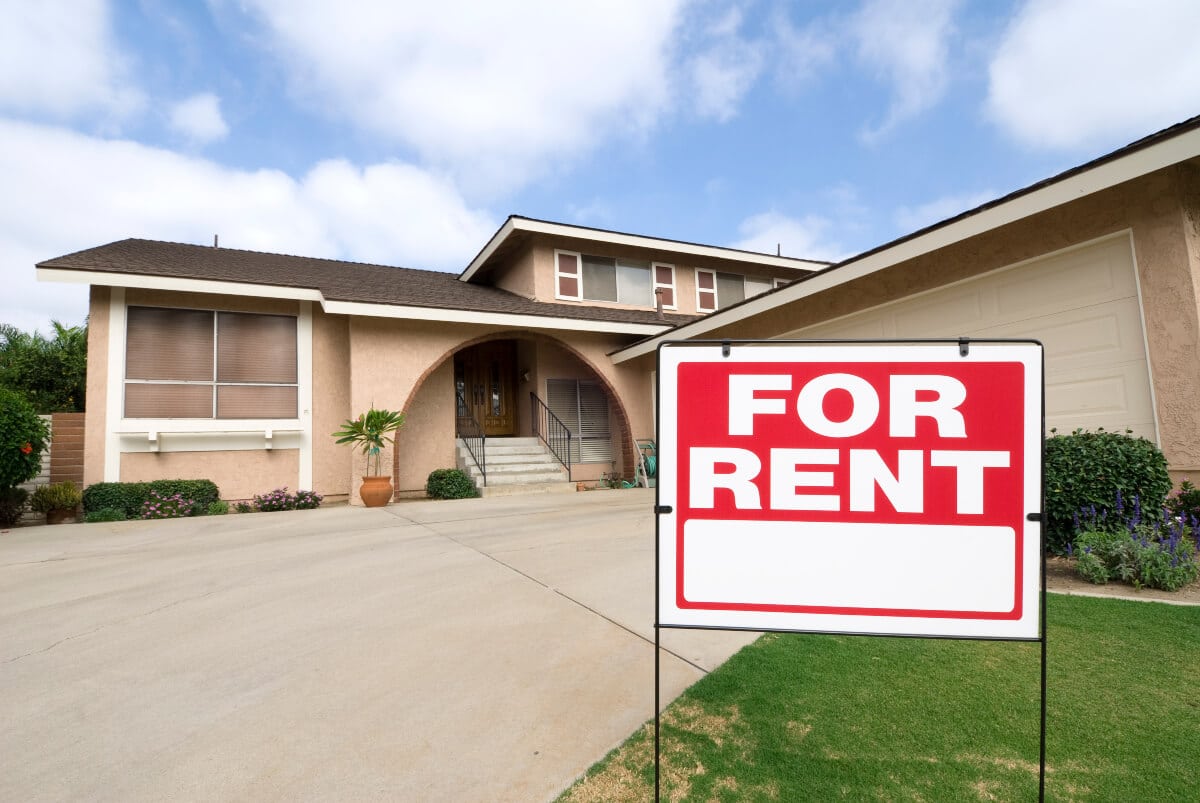Navigating Orange County Landlord-Tenant Laws as a California Landlord
Being a landlord in Orange County, California, is an exciting venture. With its thriving real estate market and vibrant communities, it’s no wonder why many investors are drawn to this picturesque region. However, along with the benefits of property ownership come certain responsibilities, especially when it comes to understanding and abiding by Orange County’s landlord-tenant laws that govern the rental market. Let’s dive in and learn about the various laws every Orange County landlord should be familiar with.
3 Tips to Setting Your Rental Up for Success as an Orange County Landlord
Landlords in Orange County are bound to the same state guidelines that all Californians must abide by, but additional guidelines are also in place to protect renters specifically. To become a successful rental homeowner, it is crucial to understand the nuances of the hurdles every landlord will encounter, such as eviction procedures, short-term rental loss, rent control, and navigating your right to enter the rental. Here are 3 expert tips to follow as you navigate landlord-tenant laws in Orange County:
1. Optimize Security Deposit Practices
Security deposits play a vital role in protecting your interests and ensuring proper maintenance after the end of a lease. In Orange County, landlords are permitted to collect security deposits from tenants, providing a safety net for potential damages or unpaid rent. By understanding the legal requirements and handling security deposits responsibly, you can safeguard your investment and prepare for short-term rent loss while fostering trust with your tenants.
2. Prioritize Property Maintenance
Renters’ happiness and retention depend on the landlord keeping rental spaces habitable–it’s also required by law. In Orange County, landlords have an implied duty to maintain habitability, which means they have to make sure rental units adhere to fundamental health and safety regulations. You can increase tenant satisfaction and safeguard your investment over time by taking proactive maintenance measures and responding quickly to maintenance issues.
3. Master Eviction Procedures
While eviction is a last resort, knowing the proper procedure is essential for protecting your rights as a landlord. In Orange County, landlords must follow the legal process outlined in California state law when evicting tenants. By familiarizing yourself with the eviction process and seeking legal guidance if necessary, you can navigate potential challenges with confidence and professionalism. According to Orange County law, following a written notice to pay rent or vacate, you only need to wait three days to evict a non-paying tenant.
Does Orange County, CA, have rent control laws?
Unlike many major counties nearby, such as Los Angeles and San Francisco, Orange County does not have rent control ordinances. This means that as a landlord, you have the freedom to set rental prices based on market conditions without being constrained by government-imposed caps. This flexibility allows you to maximize the potential return on your investment and adapt to changing economic trends.
Discovering Orange County’s Rent Increase Laws
While Orange County doesn’t have rent control, landlords must adhere to certain regulations when increasing rent. According to California state law, landlords are required to provide tenants with advance notice of rent increases. Landlords are required to give at least 30 days’ notice if the rent increase does not exceed 10% and 60 days’ notice if it does. By giving tenants ample notice and following the legal guidelines, you can ensure a transparent and fair process for both parties.
When Does a Landlord Have the Right to Enter the Rental Property?
As a landlord, it is important to understand when it is necessary and when you have the right to enter your rental property. Navigating these delicate legalities will mean the success of a landlord’s career. In the event of an emergency or if the property has been abandoned, you may enter without the tenant’s permission or notice. Landlords may also enter their rental properties in order to make repairs, for yearly maintenance or inspections, or to show prospective buyers with appropriate notice to the current residents.
Hire TrueDoor Property Management to Master The Laws as an Orange County, CA Landlord
Are you tired of navigating the hoops of Orange County landlord-tenant laws alone? TrueDoor Property Management proudly serves Southern California residents in Orange County residents and the Inland Empire. We are your dedicated team of experts with the experience needed to lead you to success with your Orange County rental properties. Contact TrueDoor Property Management today to experience the difference of professional property management and a happiness guarantee!

